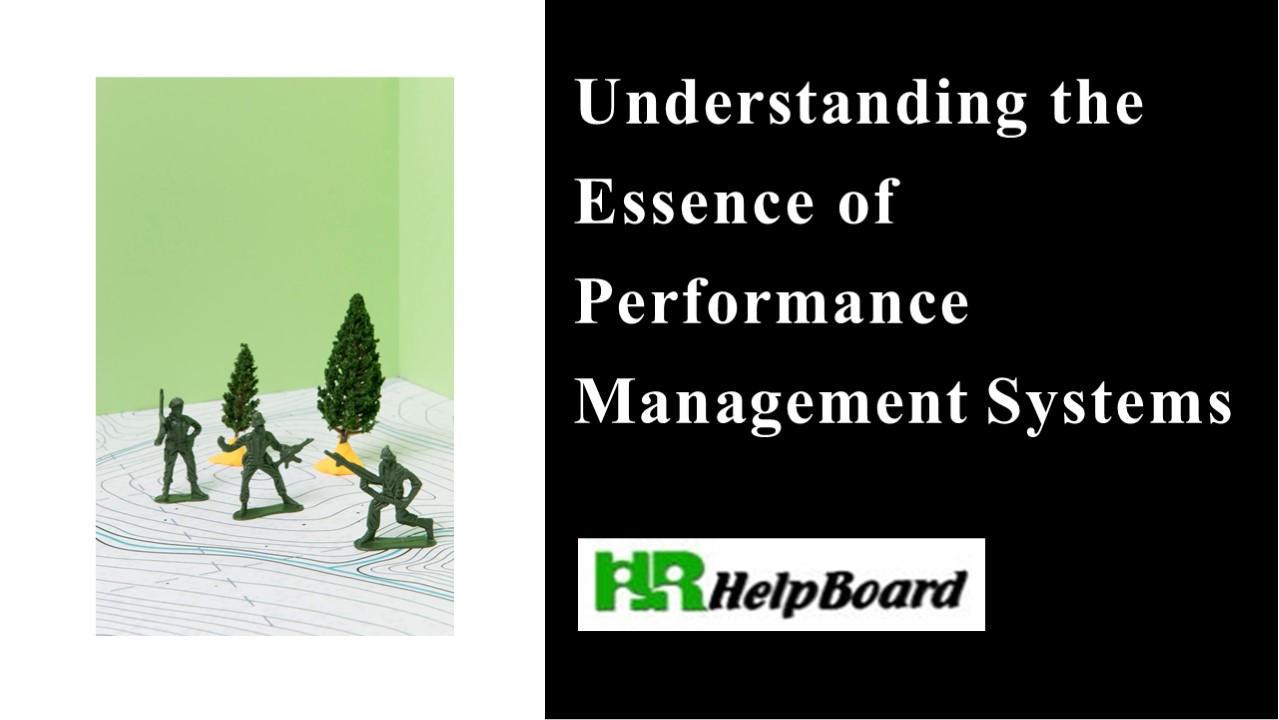Performance Management System Meaning - PowerPoint PPT Presentation
Title:
Performance Management System Meaning
Description:
A performance management system is a structured process that aims to improve organizational performance by continuously monitoring and enhancing employee performance. It involves setting clear objectives, providing regular feedback, conducting performance appraisals, and identifying training and development needs. This system aligns individual goals with organizational goals, ensuring that employees contribute effectively to the company's success. By fostering a culture of continuous improvement, a performance management system helps boost employee engagement, productivity, and overall job satisfaction. – PowerPoint PPT presentation
Number of Views:0
Date added: 21 November 2024
Slides: 13
Provided by:
hrhelpboard15
Category:
How To, Education & Training
Tags:
Title: Performance Management System Meaning
1
Understanding the Essence of Performance
Management Systems
2
Introduction to Performance Management
Performance Management Systems are essential
tools for organizations to align their goals and
objectives. This presentation will explore their
importance, key components, and how they drive
organizational success.
3
What is Performance Management?
Performance Management refers
to the
continuous process of identifying, measuring,
and developing individuals and
the performance of teams. It ensures that
organizational goals are met through effective
feedback and accountability.
4
Bene?ts of
Performance Management
Implementing an effective Performance Management
System leads to increased employee motivation,
better alignment of organizational goals, and
improved overall performance. It also fosters a
culture of continuous improvement.
5
Setting SMART Goals
Measurable, Achievable, Relevant, and Time-bound
Goals should be Speci?c,
(SMART). This framework ensures clarity and
focus, enabling employees to understand their
objectives and how to achieve them.
6
What is Performance Management?
Performance Management refers
to the
continuous process of identifying, measuring,
and developing individuals and
the performance of teams. It ensures that
organizational goals are met through effective
feedback and accountability.
7
Continuous Feedback Mechanisms
Continuous feedback is crucial for fostering
open communication between managers and
employees. Regular check-ins and constructive
feedback help in identifying areas for
improvement and recognizing achievements.
8
Performance Appraisal Process
The performance appraisal process involves
evaluating employee performance against set
goals. This helps in identifying strengths and
areas for development, ensuring that employees
receive fair and constructive evaluations.
9
Training and Development
Training and development are integral to
performance management. By investing in employee
growth, organizations can enhance skills and
competencies, leading to improved job
satisfaction and retention rates.
10
Challenges in Performance Management
Common challenges include bias in evaluations,
lack of clarity in expectations, and inadequate
feedback mechanisms. Addressing these issues is
vital for creating an effective performance
management culture.
11
Conclusion
In conclusion, a well-implemented Performance
Management System is vital for aligning
individual and organizational goals. By focusing
on continuous improvement and effective
communication, organizations can achieve
sustained success.
12
Thanks!
Do you have any questions? info_at_hrhelpboard.com
919899990261 www.hrhelpboard.com































